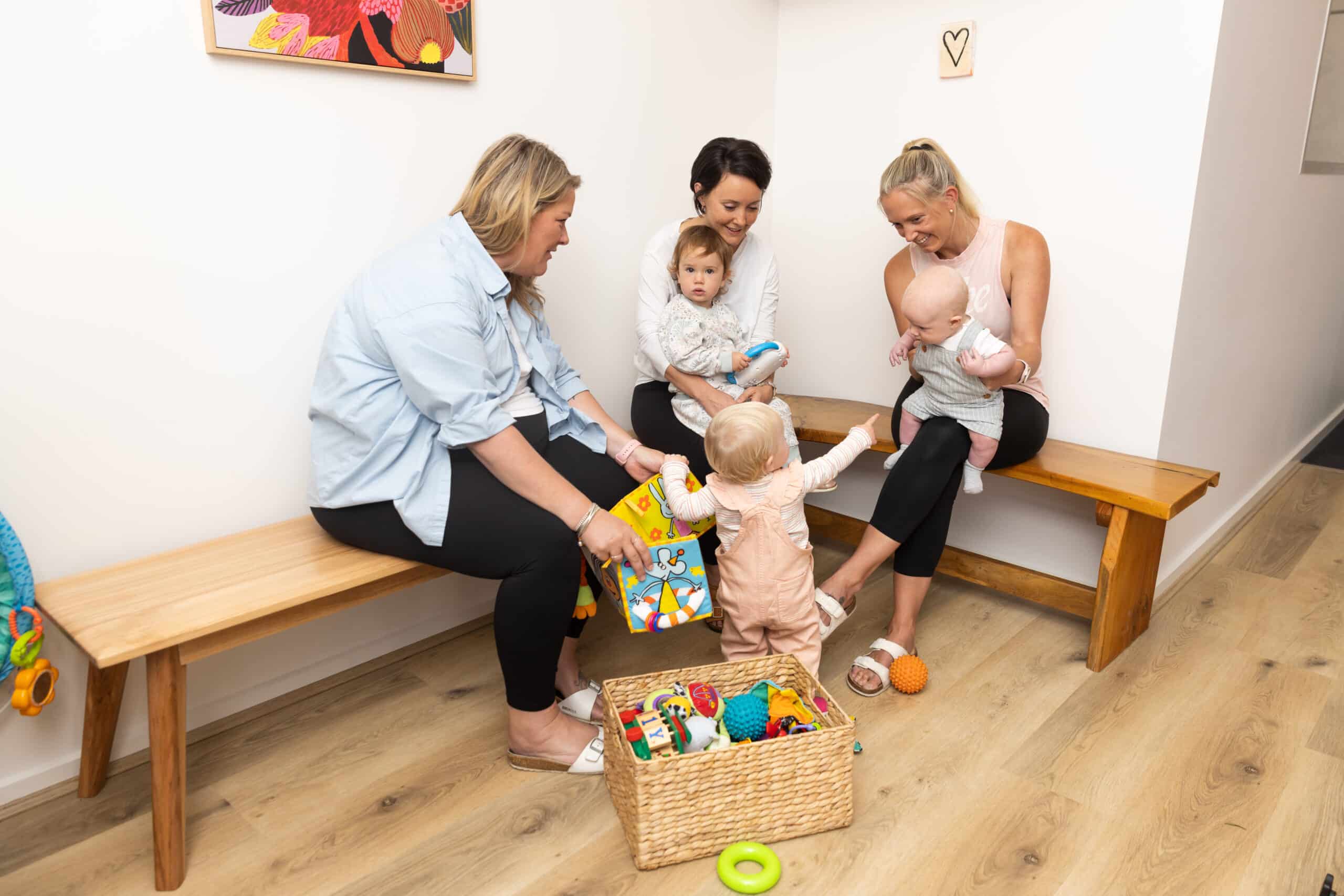
It’s true that there are a number of changes that occur in your brain when you become a mother

Two of the important ones are increased neuroplasticity, which simply means your brain is able to change and is open to learning new things – and the second is increased production and receptivity to oxytocin, which rewires your brain for more loving and nurturing behaviours.
It’s a combination of these (throw in some sleep deprivation for extra affect) that is deemed the cause of ‘baby brain’.
Also called ‘mummy brain’ and ‘pregnancy brain’ – it can often be considered an insult, however
scientific exploration of the women’s brain during the perinatal period is a growing field of interest to researchers, and it has become apparent that there are fascinating and hugely positive side effects of becoming a mother.
There is growing evidence that pregnancy and lactation is associated with a variety of neural changes that remodel different areas of the brain for the better.
These changes are believed to be a requirement for proper foetal and neonatal development, and crucial for the physiological and mental health of the mother. These changes prepare us for the transition to motherhood by wiring our brains to tune into the social cues of our new infant and have more empathy in general for our parenting journey. Sometimes the effects of ‘baby brain’ are amplified by the mental load of motherhood and overwhelm, which has us questioning ourselves more. The more we worry about forgetting things, the more we tend to forget! So, acknowledging that our brains are making important changes during these times to help us and our baby thrive in this world, the easier it is to enjoy the process.
Jacinta Blythe – Midwife and Postpartum Expert


